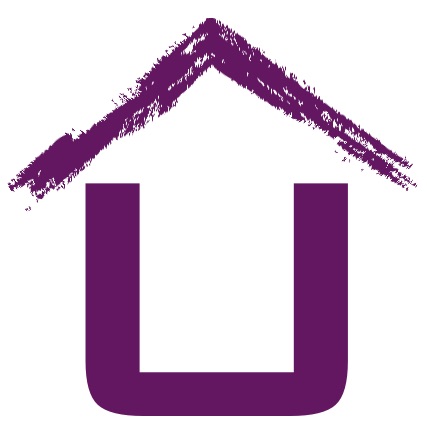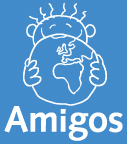Revelation Life
Our Vision
To see transformation of families and whole communities through demonstrations of practical love and supernatural power, which reveal the heart of God.
Our Heart
Our aim is to see this change, and change in the long term. We want to see slum communities transformed as they discover new ways of seeing their circumstances and learn skills together that give them life. We’re seeing many lives changed as they experience love and life through Community Groups, practical training, working together as a community and prayer. And as we look to the future hand-in-hand with families, we’re always working so that they will be in a position where they can provide for their own family’s needs.
Our Values
Love – We believe that God’s love is the most powerful thing in the world and has the power to change everything.
Relationship – Our aim is that all we do flows out of healthy relationship both with God and each other
Restoration – We seek to see the restoration of wholeness, dignity and hope in people, situations, families and communities
Aiming for dreams – We seek to support vision in people and groups to enable them to flourish and change, with the communities
Equipping and Releasing – We want to see individuals, families and communities both equipped and released to live out their God given potential
Sustainability – We aim to make choices which, in the long term, respect and improve the economy, the environment and social justice
*We engage and work with people of all faiths, or none, irrespective of race, tribe, culture, gender, age or social position.
Amigos
How We Work
Empowerment, Sustainability and Freedom
At Amigos we work alongside our African partners, through education and training, with the aim of bringing about entire communities who are self-supporting. Our vision is to see poor and marginalised people live with dignity, equality and freedom.
The rules we work by
-
Everyone can be helped - whatever age, gender, tribe, faith or history
-
Poverty isn’t just material – many believe the future is hopeless. We aim to restore hope.
-
Skills must be passed on – everyone Amigos invests in is expected to invest in others by passing on the skills they have learnt to build new lives free from poverty and hunger.
-
Exit strategies are essential – we won’t be around forever. We work with groups and individuals for specific periods of time, so they are motivated to acquire the skills necessary to become independent.
-
Listen, listen, listen – we never think we know it all. We are proud that our team in Uganda is made up entirely of Ugandans. We are directed by the people we seek to help.
Happi
Homeless And Poor People’s Initiative ( H A P P I )
Affordable Natural Building & Sustainable Technology Consulting, Teaching, and Training Empowerment, Sustainability and Freedom
Mission Statement
Our Mission is to empower individuals and uplift communities through education and practical example using affordable and sustainable methods
Aims & Objectives
- empower individuals through teaching and skills training
- give people a better chance of potential employment
- increase understanding and the use of sustainable and natural building
- utilise locally available materials
- show people appropriate mechanisms for sustainable living through practical example
- uplift poor communities and enable them to move forward with acquired knowledge and confidence
- assist communities in the building of affordable and improved schools and buildings
- inspire communities to become less dependent on others
- encourage communities to take ownership and the effective running and maintenance of their buildings
- work with teachers and head teachers to improve internal and external learning environments
- encourage the raising of educational standards




